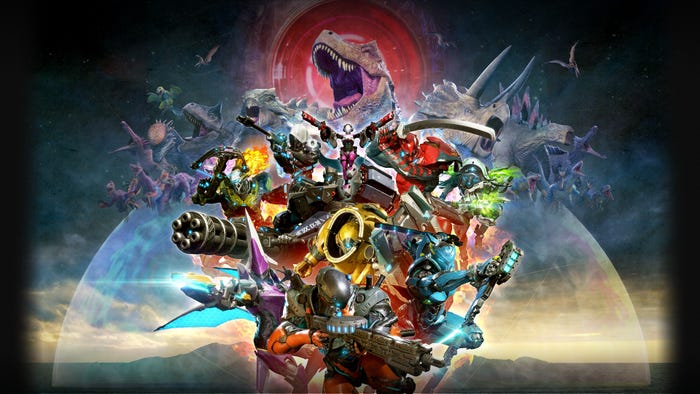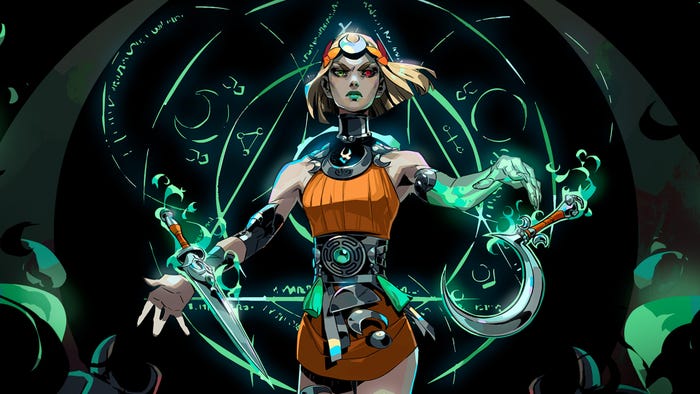Pop Your Skill Bubble
Indie game dev needs flexible and multiskilled people. Jacks and Jills of all trades, masters of some. Here are a few strategies I've used to widen my skill set, while also gaining a deeper appreciation for the contributions of others.

In the world of software development, I’ve done an awful lot of things. I’ve worked on embedded C++ systems running on 486 linux boxes. I’ve created internal questionnaire systems for collecting data. I’ve made touch screen kiosks for childcare centers, and I’ve even made a game or two.
While each of the projects has been different, one thing has remained the same - I am a programmer. After years of coding, the process has become cemented in my brain as “work”. Doing something else? That’s not work, that’s being distracted! Spending some brainstorming level ideas? Phhht, programming is where the real magic happens.
If this sounds familiar, be it programmer, artist, or game designer, it’s time to lay down some truth bombs - Your role isn’t as important as you think it is.
I’ve been working as a game developer for about five years now, and I’m only starting to finally beat the programmer out of myself. While I’ll always love coding, I’ve come to accept that this is just one piece of the puzzle. In game development, the marriage of art and engineering, the roles are broad and all equally important.
Over the years, here are a few of the roles I’ve had to fill:
Programmer
Artist
Audio engineer
Animator
Marketer
Game Designer
QA
Video editor
UX designer
Content Creator
Community Manager
Producer (even if it’s just me)
Accountant
If you’re looking to pop your skill bubble, and enter the fantastically useful world of a “Game Dev Generalist”, here are a few strategies I’ve employed to broaden my skills and gain a deeper appreciation for the contribution of those around me.
Watch a shitload of GDC videos. Like, a lot. Especially stuff that isn’t in your area of expertise.
Spend some time learning basic project management and leadership skills, even if it’s a solo project. You’re your own worst employee. Read a few books about managing people and you’ll finally understand how important (and difficult) good leadership is.
Avoid expertise traps. Your brain is really good at solving certain problems. Make sure you’re working on things that get your game closer to ship, not things that make you feel smart or talented.
Try all the things! Seriously, just do the other tasks, try at least once. That alone will make you realise just how much effort goes into those other areas. If you are a programmer, it can also lead to you making some really helpful tools for other people.
Making games requires many different skills, so take some time to learn about them! Without them, I’d just be making fancy tech demos.
Read more about:
BlogsAbout the Author(s)
You May Also Like













